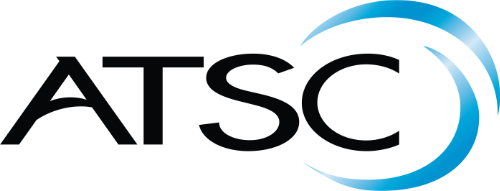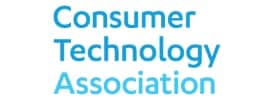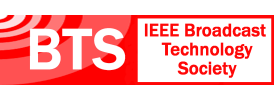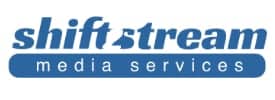- About
- Members
- Sponsors
- Subcommittees
- About Our Subcommittees
- Technology Group 3
- Implementation Team 1 – Advanced Emergency Information
- Implementation Team 2 – India
- Implementation Team 3 – ATSC 3.0 Conformance
- Implementation Team 4 – Brazil
- Implementation Team 5 – Tower Network
- Implementation Team 7 – Caribbean
- Implementation Team 8 – Automotive
- Planning Team 4 – Future Broadcast Ecosystem Technologies
- Planning Team 5 – Automotive Applications
- Planning Team 6 – Global Recognition of ATSC 3.0
- Planning Team 9 – Sustainability
- Technical Documents
- News
- Events
- Spotlight ATSC 3.0
- Contact Us
- Member Login
- Member Meetings
- Advanced Search
Search Site
Member Links
- About
- Members
- Sponsors
- Subcommittees
- About Our Subcommittees
- Technology Group 3
- Implementation Team 1 – Advanced Emergency Information
- Implementation Team 2 – India
- Implementation Team 3 – ATSC 3.0 Conformance
- Implementation Team 4 – Brazil
- Implementation Team 5 – Tower Network
- Implementation Team 7 – Caribbean
- Implementation Team 8 – Automotive
- Planning Team 4 – Future Broadcast Ecosystem Technologies
- Planning Team 5 – Automotive Applications
- Planning Team 6 – Global Recognition of ATSC 3.0
- Planning Team 9 – Sustainability
- Technical Documents
- News
- Events
- Spotlight ATSC 3.0
- Contact Us
- Member Login
- Member Meetings
- Advanced Search
Someone You Should Know : Ling Ling Sun
Posted on October 22, 2023 in ATSC News
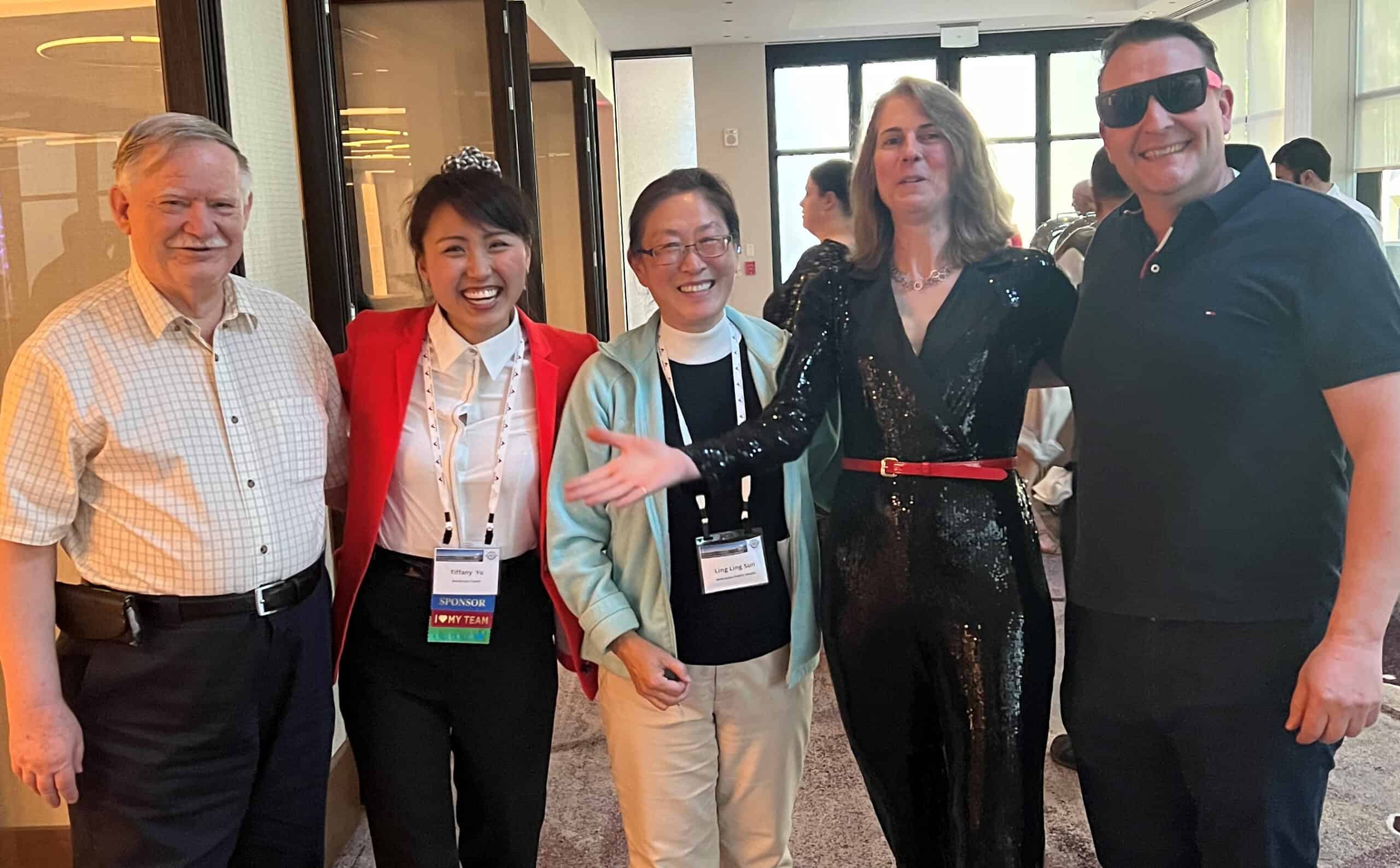
Ling Ling Sun is the Chief Technology Officer for Nebraska Public Media. ATSC sat down to speak with her and her interest in the work of ATSC.
Hi, Ling Ling. So give us a snapshot of what you do in your day to day role.
Utilizing viable system model, I lead a team of 43 broadcast, IT, and traffic professionals in enhancing and expanding Nebraska Public Media services. I am the chair of the organization’s capital expenditure authorization committee, aiming to build capacity and capability to support our mission. Additionally, I serve as chair of the NAB BEIT Conference Program Committee and am a member of the Nebraska Information Technology Commission Technical Panel.
How and why did you get involved with ATSC 3.0?
My involvement in ATSC 3.0 began with Jim Kutzner’s initiative to gather use cases for the development of the standards. During my tenure as chair of PBS ETAC (Engineering Technology Advisory Committee) from 2013 to 2018, we established the ETAC ATSC 3.0 working group and delivered a position paper to help member stations prepare for the NextGen TV technology. I wrote papers focusing on industry and technology trends, including ATSC 3.0. I am particularly interested in increasing spectrum bandwidth for high-quality content delivery. (Editor’s note: Jim Kutzner was a long-time PBS representative in ATSC. He chaired Planning Team 2, the group charged with studying the potential of a second generation DTT system. The work of PT2 resulted in consensus to design the new standard, which would become ATSC 3.0. Technology Group 3 (TG3) was formed to create the new standards, and Jim became the first TG3 Chair, serving a full term of 3 years.)
Are you a member of any planning team(s) or implementation team(s) with ATSC?
Nebraska Public Media is an ATSC member. Since 2019, Chris Homer, a former director of engineering in my department, has been co-chair of TG3/S34, ATSC Specialist Group on Accessibility. I’m enthusiastic about the ATSC 3.0 technology and eagerly anticipate opportunities to contribute to ATSC planning and implementation teams.

What excites you most about the future of ATSC 3.0?
What excites me most about ATSC 3.0 is its potential to redefine the viewing experience. The promise of enhanced picture quality, interactive features, and immersive audio holds immense potential. Broadcasting as a medium is inherently more efficient than streaming and environmentally friendly. There might be opportunities for new business models to fully capitalize on this technology.
Tell us about your life outside of work!
I have a loving family that supports my endeavors. We relish spending quality time together, whether it’s exploring nature, traveling, or simply sharing meals. In my leisure, I indulge in sightseeing and find great joy in capturing moments from our adventures.
What are you currently reading?
I am interested in technologies that will shape our digital future. I enjoy reading a variety of blogs and online publications.
What is your favorite show to binge-watch?
When I have the opportunity to unwind, I take pleasure in binge-watching food and folk dance programs. The cultural diversity they bring to our society is something I greatly appreciate.
If you could choose an alternative career, what would it be?
If I were to pursue an alternative career, I might have chosen to work in the healthcare field, specializing in acupuncture. I find it fascinating – a different kind of communication – a little needle sending signals to the brain. It is also an environmentally friendly practice.
Posted in ATSC News
News Categories
News Archives
Subscribe
Subscribe to The Standard, our monthly newsletter. Learn More
Join ATSC
ATSC is a membership organization with both voting and observer categories. Voting members include corporations, nonprofit organizations, and government entities, and they participate actively in the work of ATSC. Observers are individuals or entities not eligible to be a voting member.
Subscribe to our Newsletter
Subscribe to The Standard, our monthly newsletter, to stay up-to-date with ATSC news and events around the world.
Site Links
Contact Us
Advanced Television Systems Committee, Inc.
1300 I Street NW, Suite 400E
Washington, DC 20005
Do you have questions about ATSC?
About ATSC
The Advanced Television Systems Committee, Inc., is an international, non-profit organization developing voluntary standards and recommended practices for digital terrestrial broadcasting. ATSC member organizations represent the broadcast, broadcast equipment, motion picture, consumer electronics, computer, cable, satellite, and semiconductor industries. ATSC also develops digital terrestrial broadcasting implementation strategies and supports educational activities on ATSC standards.
© 2024 ATSC
